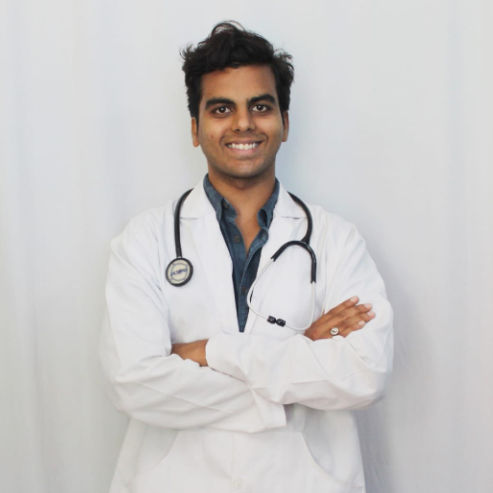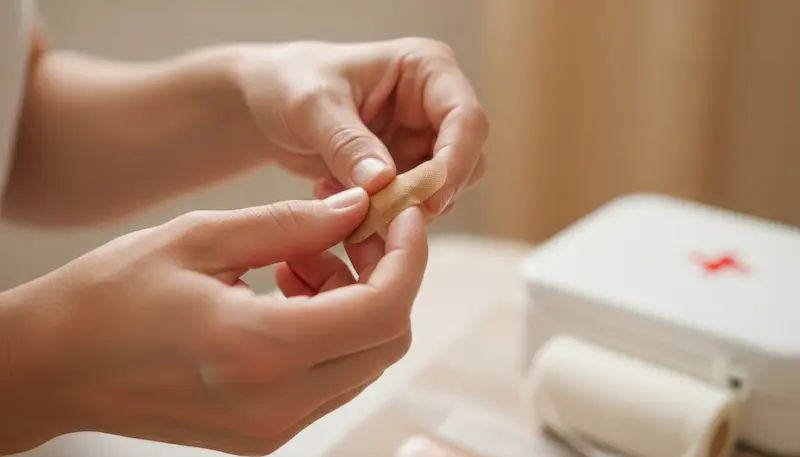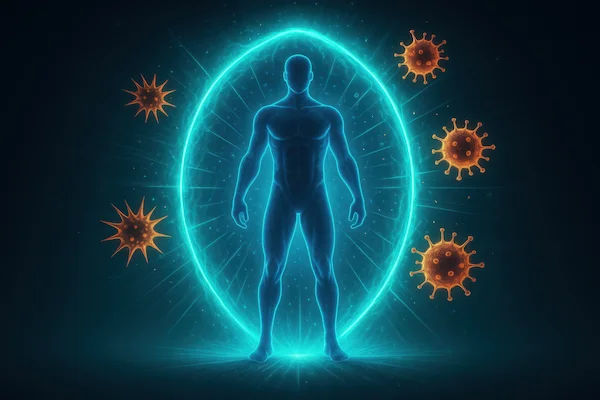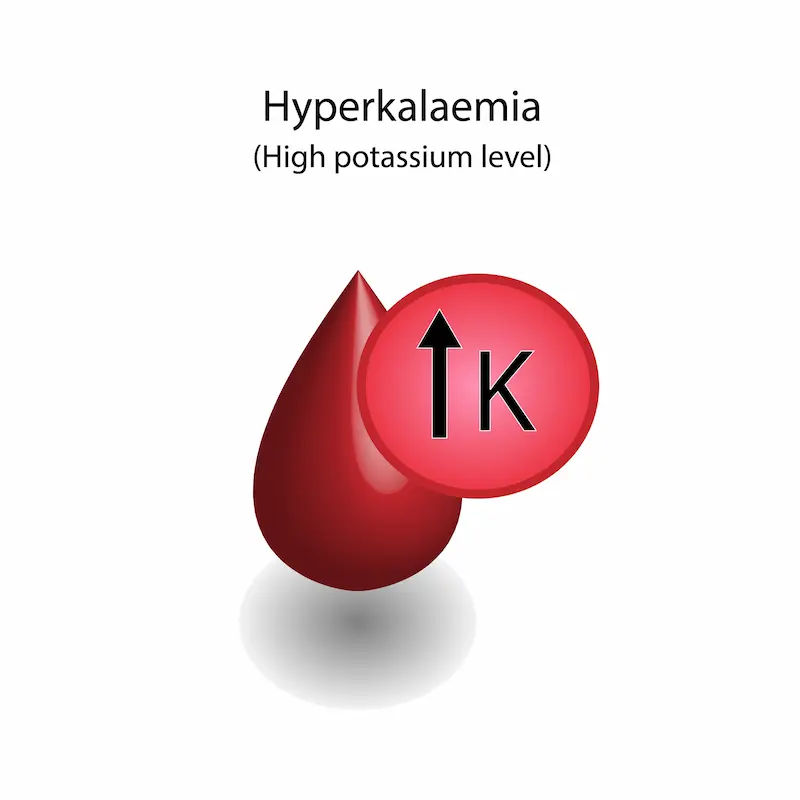Birth Defects: Types and Prevention Methods
Learn about common birth defects, their causes, and effective prevention methods. Discover how prenatal care, healthy habits, and early screenings can reduce risks and support a healthy pregnancy.

Written by Dr. M L Ezhilarasan
Reviewed by Dr. Rohinipriyanka Pondugula MBBS
Last updated on 13th Jan, 2026

Bringing a new life into the world is a joyous experience, but sometimes, babies are born with certain health conditions known as birth defects. These can affect the baby’s physical or mental development and may require medical attention. The good news is that many birth defects can be prevented or managed with proper care.
In this article, we’ll discuss the types of birth defects, their causes, and prevention methods to help expecting parents and families make informed decisions for a healthy pregnancy.
What Are Birth Defects?
Birth defects are structural or functional abnormalities present at birth. They can range from mild to severe and may affect any part of the body, including the heart, brain, limbs, or internal organs. Some birth defects are noticeable at birth, while others may be detected later in life.
According to the World Health Organization (WHO), about 1 in 33 babies worldwide is born with a birth defect. While some cannot be prevented, many can be reduced with proper prenatal care and healthy lifestyle choices.
Common Types of Birth Defects
Birth defects can be broadly categorized into structural (physical abnormalities) and functional/developmental (problems with body systems). Here are some common types:
1. Structural Birth Defects
These involve problems with the baby’s body structure.
Heart Defects (e.g., holes in the heart, abnormal valves)
Cleft Lip or Palate (gap in the lip or roof of the mouth)
Neural Tube Defects (e.g., spina bifida – incomplete spinal cord development)
Limb Abnormalities (missing or extra fingers/toes)
2. Functional/Developmental Birth Defects
These affect how a body system works.
Down Syndrome (extra chromosome causing developmental delays)
Sickle Cell Disease (abnormal red blood cells causing pain and anemia)
Congenital Hypothyroidism (underactive thyroid affecting growth)
Hearing or Vision Loss
Some birth defects are genetic, while others result from environmental factors or unknown causes.
Consult Top Specialists
What Causes Birth Defects?
Birth defects can occur due to a combination of genetic, environmental, and lifestyle factors:
1. Genetic Factors
Family history of birth defects
Chromosomal abnormalities (e.g., Down syndrome)
Inherited conditions (e.g., cystic fibrosis)
2. Environmental & Lifestyle Factors
Infections during pregnancy (rubella, Zika virus)
Medications & harmful substances (alcohol, smoking, drugs)
Poor nutrition (lack of folic acid, iodine)
Exposure to toxins (lead, pesticides)
Uncontrolled diabetes or obesity in the mother
3. Unknown Causes
In many cases, the exact cause remains unknown.
How to Prevent Birth Defects
While not all birth defects can be prevented, many risks can be reduced with proper care before and during pregnancy. Here are some key prevention methods:
1. Preconception & Prenatal Care
Consult a doctor before pregnancy to assess risks.
Take folic acid (400 mcg daily) before and during early pregnancy to prevent neural tube defects.
Get vaccinated (rubella, flu shot) as advised.
Manage chronic conditions like diabetes or high blood pressure.
2. Healthy Lifestyle Choices
Avoid alcohol, smoking, and drugs – they increase the risk of defects.
Eat a balanced diet rich in vitamins (especially folic acid, iron, and calcium).
Maintaining a healthy weight – obesity increases risks.
3. Avoid Harmful Exposures
Stay away from toxic chemicals (pesticides, lead).
Limit caffeine intake (high amounts may pose risks).
Prevent infections by washing hands and avoiding raw/undercooked food.
4. Regular Medical Checkups
Prenatal ultrasounds & screenings help detect defects early.
Genetic counseling if there’s a family history of birth defects.
When to Seek Medical Help
If you’re pregnant or planning a pregnancy, consult a doctor if:
✔ You have a family history of birth defects.
✔ You’ve been exposed to harmful substances.
✔ You notice unusual symptoms during pregnancy.
Early detection and intervention can help manage or treat certain birth defects effectively.
How Apollo24|7 Can Help
At Apollo24|7, we provide expert prenatal care, genetic counseling, and diagnostic tests to help expecting parents ensure a healthy pregnancy.
📞 Book a consultation with our specialists for personalized advice.
🩺 Schedule prenatal screenings to monitor your baby’s health.
Final Thoughts
While birth defects can be concerning, many are preventable with the right care. By following healthy habits, getting proper medical guidance, and staying informed, you can significantly reduce risks and give your baby the best start in life.
Consult Top Specialists
Consult Top Specialists

Dr. Mainak Baksi
General Practitioner
13 Years • MBBS , MD (MPH)
Howrah
Mainak Baksi Clinic, Howrah
(50+ Patients)

Dr Divya Lekha Gunta
General Practitioner
10 Years • MBBS, MD (Pathology)
Visakhapatnam
Apollo 24|7 Clinic - Andhra Pradesh, Visakhapatnam
Dr Nikhat Shamim
General Practitioner
4 Years • MBBS
Kolkata
VIP MEDICAL SERVICE, Kolkata

Dr. Shubham Chauhan
General Practitioner
4 Years • MBBS
Lucknow
Apollo 24|7 Clinic - Uttar Pradesh, Lucknow

Dr D M Karthik
General Practitioner
4 Years • MBBS, Fellowship in Diabetes Mellitus, Advance certificate in Diabetes Mellitus, Derma Nutrition Certification
Visakhapatnam
Apollo 24|7 Clinic - Andhra Pradesh, Visakhapatnam




